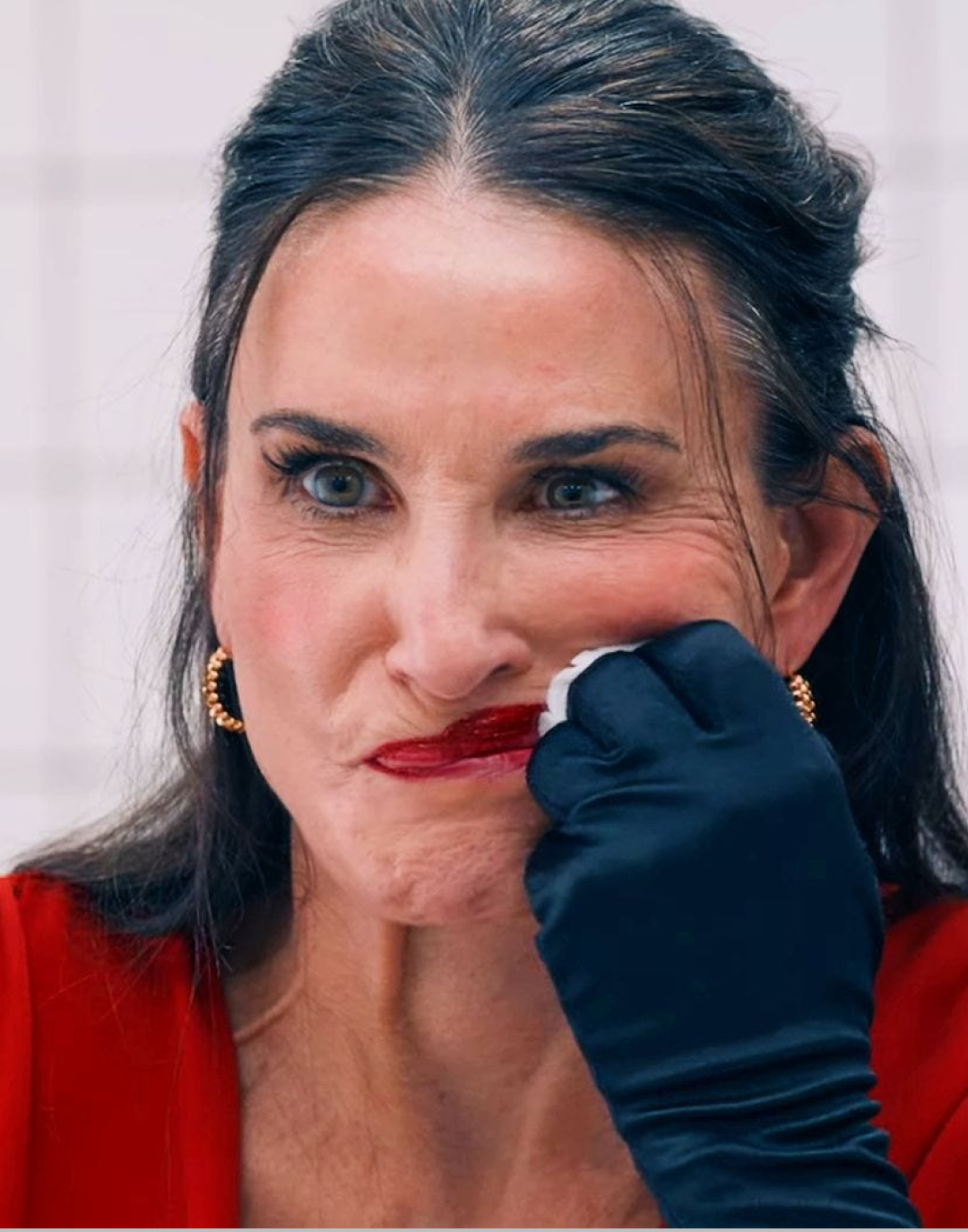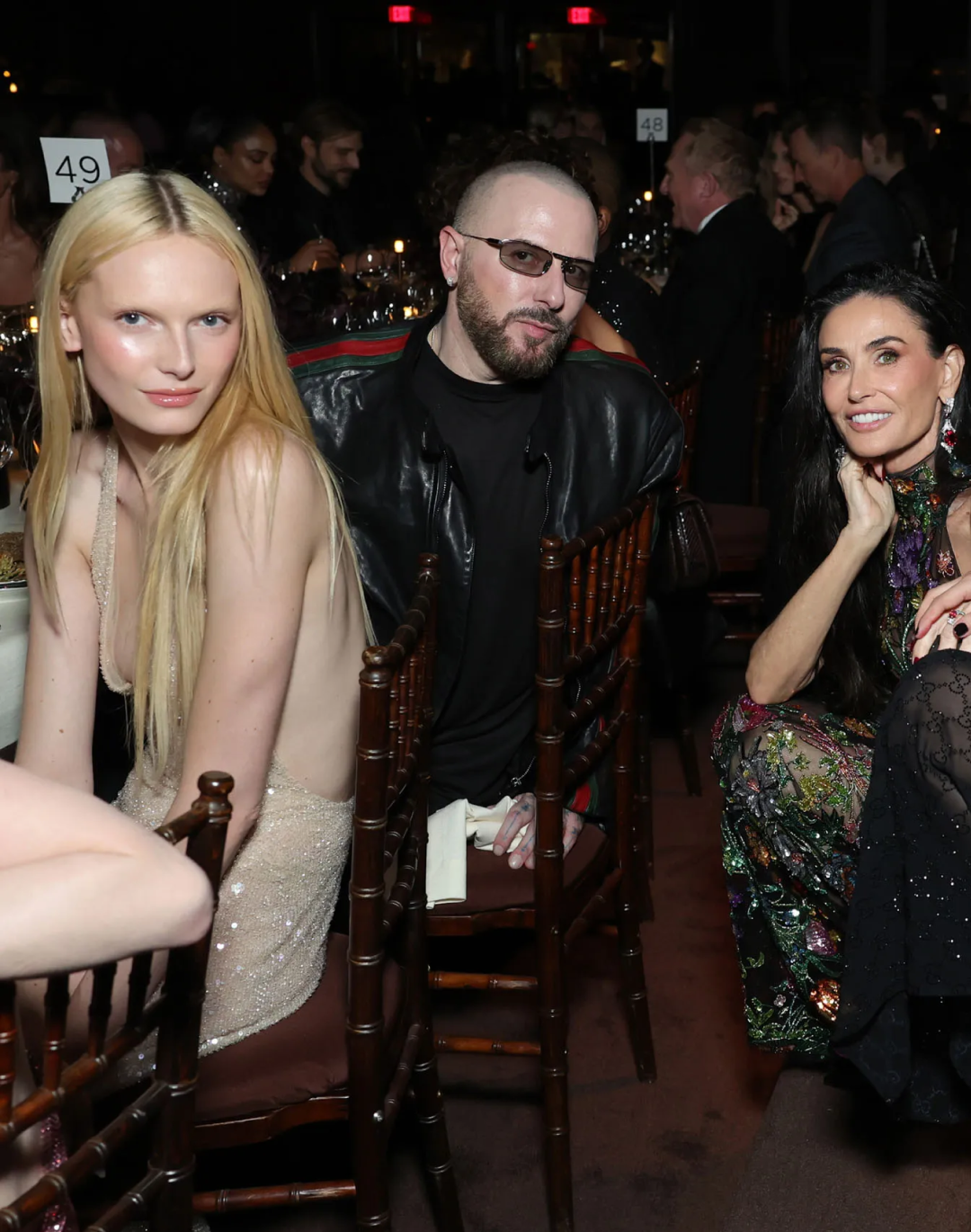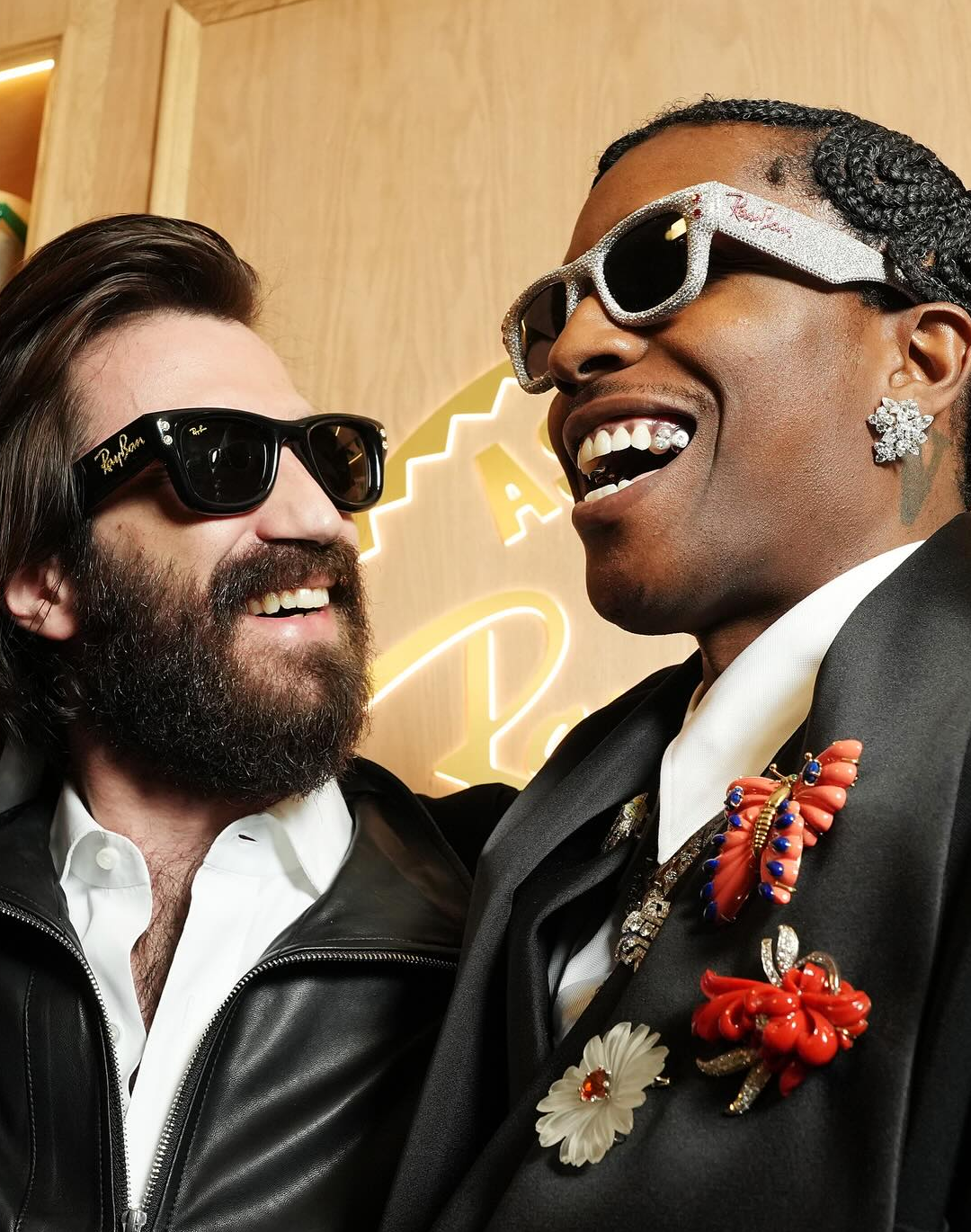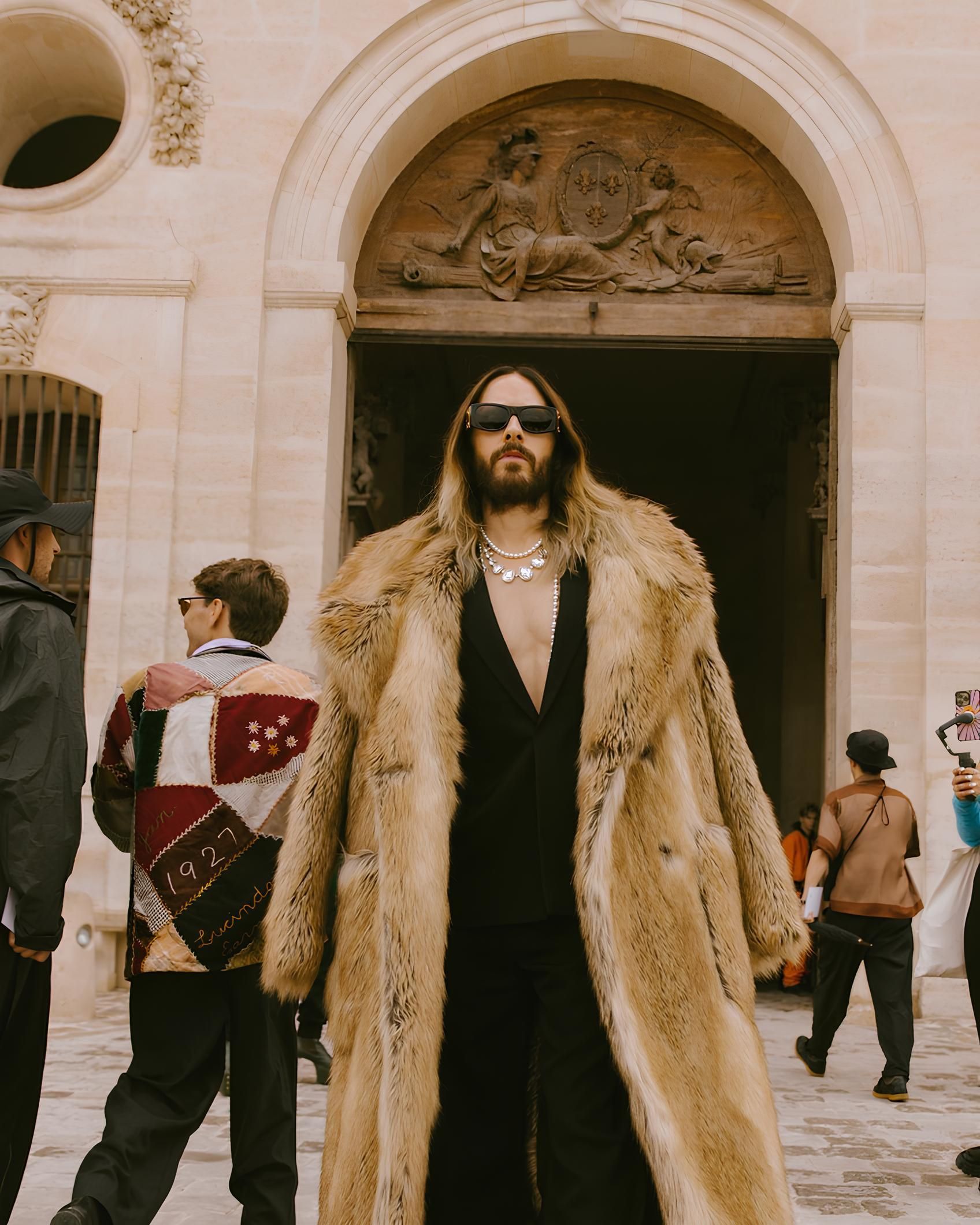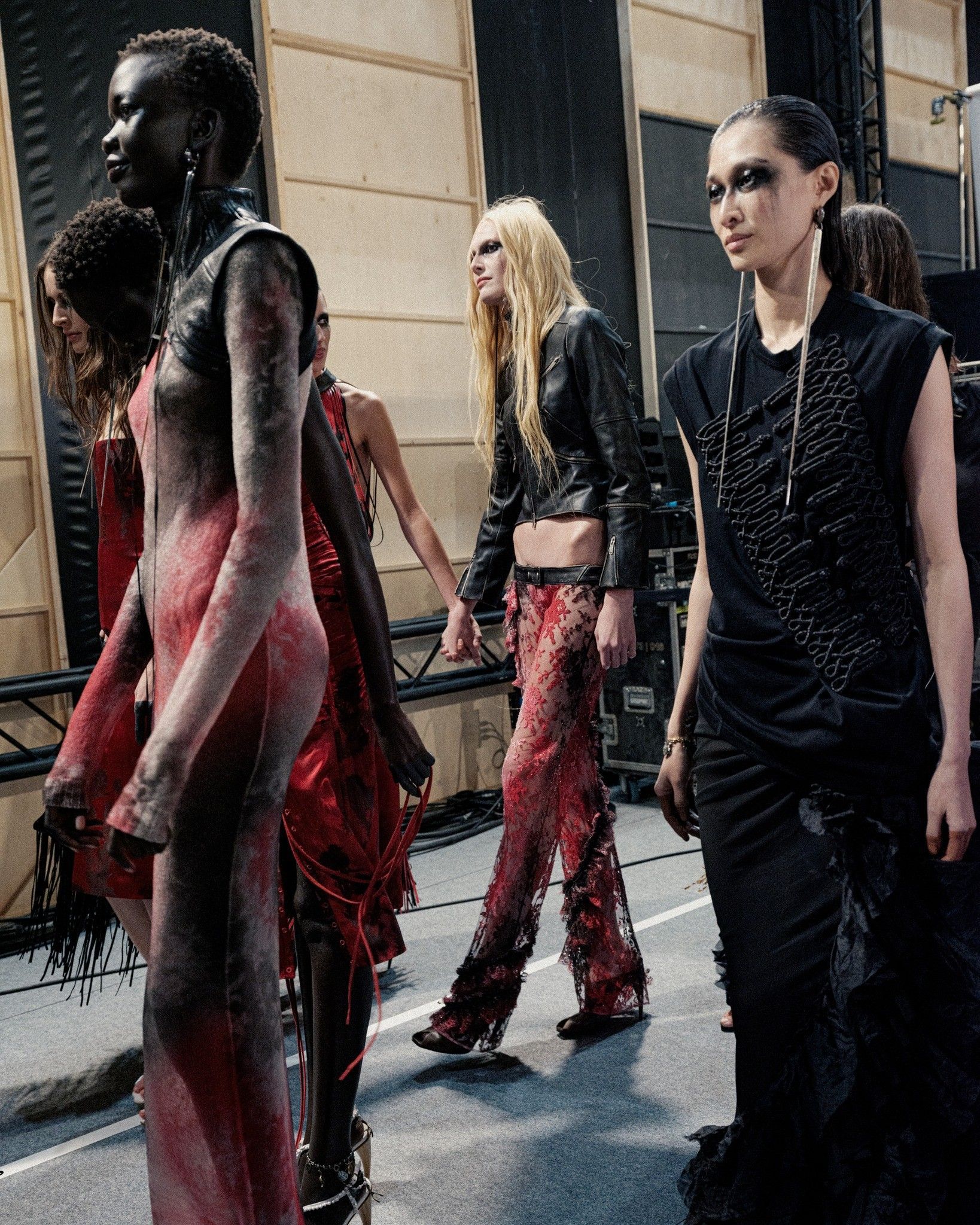
The Gucci CEO to invest in resell market Along with GOAT and the Pinault family, Marco Bizzarri is among the new investors of Grailed
Grailed, one of the leading second-hand fashion resell apps, has just received $60 million in funding led by the GOAT Group, the group that owns the eponymous app and retailer Fight Club, together with the Artemis Group, the holding company of the Pinault family, together with Marco Bizzarri, CEO of Gucci. This is the second major investment in the Artemis Group resell after the one at the same GOAT Group last January. Now Grailed, which already has 7 million global users and more than 10,000 brands on its platform, will use the new funding to make authentication and payment services more efficient, but also to push the merchandise and content strategy categories, including publishing.
What does this investment mean?
First, that two of the main resell platforms on the market today are now linked to each other, suggesting a progressive process of consolidation of individual brands / companies into larger groups to face the challenges of the market. If so, the world of resell would be starting to behave like the primary luxury market, which after the pandemic has seen a race towards acquisitions and various mergers, especially in Italy, and has given rise to hypotheses about the imminent birth of a new fashion group. Which brings us to the second and most important point: the interest of the big players in the luxury market, in this case the Pinaults and the CEO of the brand of one of the most important fashion brands in the world, towards the resell and secondhand market is real and is growing together with the market itself.
According to data from ThredUp reported by The Fashion Law, in fact, the secondhand fashion market will reach a turnover of 80 billion dollars by 2029 – and pre-owned fashion products are already one of the main entry points towards the purchase of luxury goods for the new generations, especially Gen Z which can thus be loyal right away. Controlling the secondhand, moreover, would allow brands to control the life of their products after their sale, simultaneously breaking down the price barrier, which is today the main obstacle to accessing the luxury market for millions of potential customers, and therefore allowing brands to expand their consumer base (even if by indirect means) without compromising their exclusivity with the hated discounts and, above all, maintaining a fairly strict control over product tracking and fighting counterfeiting.
A booming market
Over the course of the pandemic, the push towards digitalization has prompted many luxury brands and retailers to invest in pre-owned. Already Farfetch, Neiman Marcus, Selfridges and Galerie Lafayette have started their buy-back and circular fashion programs – essentially acting as luxury vintage boutiques. But brands such as Alexander McQueen and Gucci have also partnered with Vestiaire Collective and TheRealReal, respectively, while Etsy bought Depop for $1.6 billion just four months ago and Kering, last March, invested $216 million in Vestiaire Collective. LVMH has also begun experimenting with resell via the Nona Source platform, but focusing more on selling deadstock materials from the group's various brands. In addition to galloping growth, which according to the Boston Consulting Group will develop in terms of 15-20% each year for the next five years, the secondhand has also been culturally accepted and is no longer just a way of buying cheap fashion products.
The rise of archival fashion and growing concerns about sustainability and the need to slow down consumption have made resell and secondhand a form of responsible consumption as well as making certain items precious as art objects, creating an entire culture of connoisseurs-archivists who pay thousands of euros to get their hands on a vintage piece by Raf Simons, by Margiela or Dior Homme and thus transforming vintage into a sort of collecting. The secondhand is also seen as a reaction to the hype and as a source of discovery of old and new styles that give consumers a way to express themselves in a unique way. According to Vogue Business, in fact, 50% of consumers surveyed by Bain turn to platforms like Grailed to find unique pieces. Grailed CEO Aron Gupta said:
«If you want the latest Supreme shirt or the latest pair of kicks, like Yeezys or Jordans, go to Goat and buy them. But if you want to express a style that is unique and individual to you that makes you feel better about yourself. That's what Grailed is for».



















































